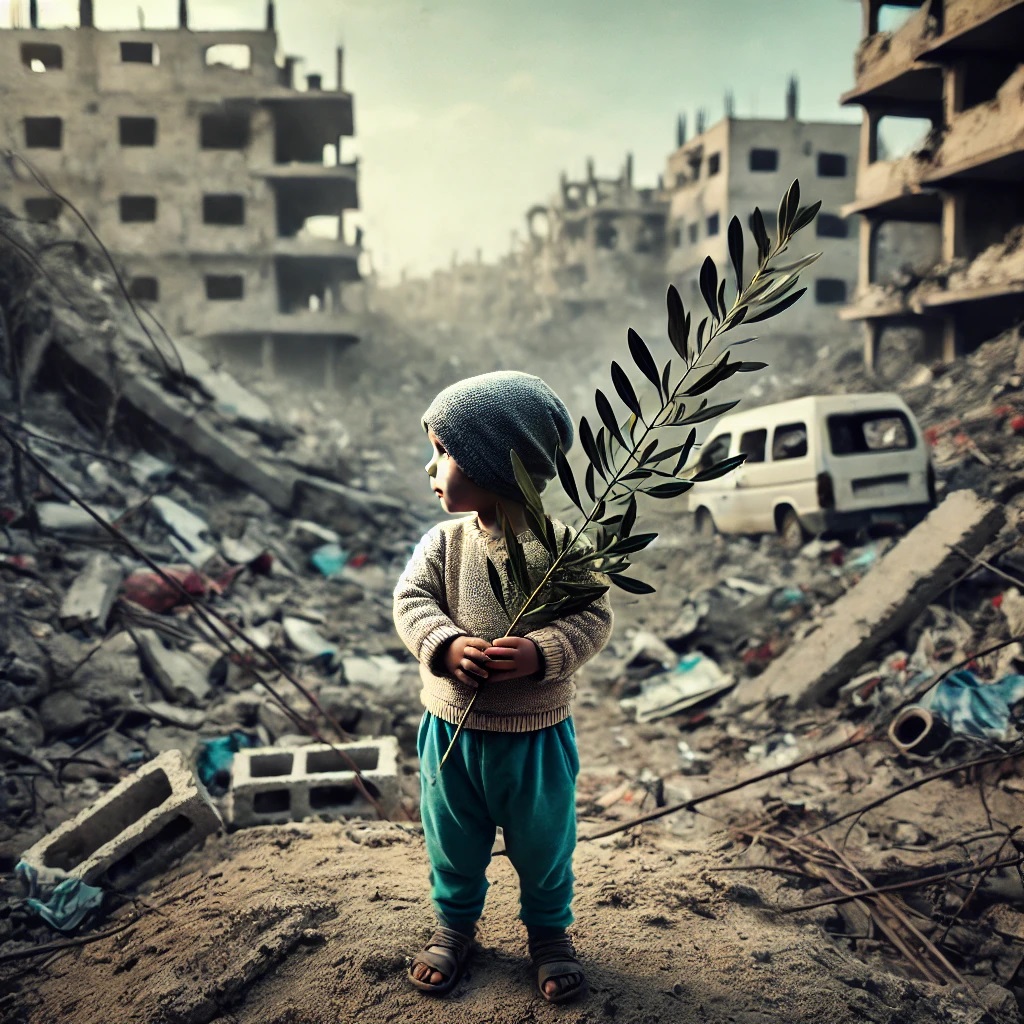The ongoing debate about whether any group of people, including white people, has the right to protect their country, culture, and identity without facing the harsh label of “racism” is one that touches upon deep societal issues. The rise of globalism and the increasing push for open borders, multiculturalism, and the suppression of nationalism have made this question more pressing than ever.
For centuries, countries have been shaped by the cultures, traditions, and values of the people who live within them. These customs evolve over time, rooted in historical and religious contexts, and reflect the specific needs and desires of the people. In the case of white-majority countries, such as those in Europe, North America, and parts of Oceania, these identities are deeply tied to a shared heritage. This legacy, however, is now under threat from forces that see the distinct cultures of these nations as something to be diluted or eradicated in the name of globalism and multiculturalism.
The question arises: do these people have the right to defend their culture, their traditions, and the way of life they’ve built without being accused of being racist or xenophobic?
Historical Context
To truly understand this issue, it’s important to look at the historical context. Every race, ethnic group, and civilization has a history marked by conquest, migration, and sometimes violent domination. European nations, too, were once conquerors, and their actions during the age of empire have left a complex legacy that cannot simply be ignored. However, historical actions should not be used as an excuse to label entire nations or peoples as inherently racist or oppressive in modern times.
Just as European empires colonized vast portions of the world, many nations and empires have had similar histories, whether it be in Asia, the Middle East, or Africa. The migration of people from these regions into Western countries is a part of a larger global trend, and it raises the issue of whether those already in these nations have the right to preserve their way of life.
Why Did White Nations Thrive
Additionally, these nations often embraced a form of Christianity that emphasized core principles like love for one’s neighbor and respect for a Higher Power. The Bible teaches that our conscience either accuses or excuses us, but it is through Biblical principles that this conscience is trained to distinguish right from wrong. Without these teachings, people may have a conscience, but it may not be adequately developed to discern true moral values. A moral compass shaped by Biblical teachings helps guide individuals to live in harmony with others and create just societies.
Furthermore, these nations recognized the importance of order and governance, understanding that God allows superior authorities to be placed over them (Romans 13). This acknowledgment of divine order contributed to the establishment of stable political systems, such as those enshrined in the American Constitution. These foundational principles promoted a sense of justice and fairness, which helped create peaceful and prosperous societies.
In contrast, countries without this spiritual and moral framework often struggled with internal divisions, such as tribal conflicts, or fell under authoritarian rule. Without a well-trained conscience and a respect for divine order, these nations found it difficult to establish stable governments, hindering their progress and prosperity.
Thus, the only way to achieve global peace and security, based on the American Constitution and the democratic principles it created, is to move away from fanatical false religions and embrace a basic form of global Christianity. A world grounded in the core teachings of love, respect for a Higher Power, and moral clarity would foster international cooperation and lasting peace. Ultimately, the combination of harsh climatic conditions, a faith-driven moral compass shaped by Biblical principles, and respect for divine order played a significant role in the success of these nations.
Globalism and Its Impact
One of the driving forces behind the push to silence nationalist sentiments and stifle debates about immigration and cultural preservation is globalism. The globalist agenda seeks to dissolve national borders and promote a world that is, in theory, more connected and cooperative. However, this often comes at the expense of the distinct identities of various nations and peoples.
Globalists are often seen as advocating for mass immigration, multiculturalism, and the creation of a global community that transcends national borders. This has led to a loss of national sovereignty in many parts of the world, and white-majority countries are particularly vulnerable. They face the pressure of being told that their traditional cultures, which developed over centuries, must be altered to accommodate an influx of immigrants from vastly different cultural backgrounds.
For many, this can feel like a form of cultural erasure. Should people be told that their way of life—shaped by their values, traditions, and shared history—should be dismantled or diminished to make room for the cultures of others? Is this what it means to live in a “modern” and “progressive” society, or is it simply an attempt to diminish the rights of certain groups to preserve their own identities?
The Label of Racism
The immediate accusation leveled against anyone questioning immigration policy or advocating for the preservation of their cultural heritage is often “racism.” This term has been weaponized to shut down debate, creating an atmosphere where defending one’s country and culture is seen as inherently discriminatory.
Yet, this view is not only flawed, but dangerous. By labeling those who seek to protect their country and culture as “racist,” society silences any meaningful discussion about national identity, cultural preservation, and immigration policy. It fosters division and prevents open dialogue, making it impossible to address the root causes of these complex issues.
The accusation of racism has been used against white people in particular. It is as if any attempt by white people to advocate for their interests is immediately met with suspicion, while other racial and ethnic groups are given the freedom to do the same without facing similar condemnation. This disparity is not only unfair, it also undermines the very concept of equality.
Why should one group be demonized for protecting its identity while others are allowed to do so freely? Are not all people entitled to self-preservation and the right to maintain their cultural integrity?
The Myth of a “Post-Racial” Society
In the modern world, there is an ongoing push for a “post-racial” society. This is the notion that racism is a thing of the past and that all people are equal, regardless of race, ethnicity, or national origin. On the surface, this sounds like an ideal vision. However, the reality is far more complex. Racial, cultural, and ethnic identities remain incredibly important to people, and denying the significance of these identities is not only misguided but dangerous.
In white-majority nations, there is a tendency to push the idea that those who identify with their heritage are simply relics of an old, outdated system. This often goes hand-in-hand with the claim that national pride is synonymous with racism. But being proud of one’s culture is not the same as denigrating or dismissing others. It is about recognizing the value of one’s history and traditions, and having the right to protect and preserve them for future generations.
The Need for Balance
It is essential that societies find a balance between embracing diversity and preserving their unique cultural identities. Every nation, whether predominantly white or not, has the right to define its future and protect its culture from being overwhelmed by foreign influences. This includes regulating immigration in a way that respects the nation’s existing identity, rather than seeking to fundamentally change it.
However, this does not mean that people should be barred from other cultures or that diversity should be erased. A society can be both proud of its heritage and open to new influences, provided that these new influences do not fundamentally change the core of the nation’s identity.
A Path Forward
To resolve the current cultural tensions, it is crucial to stop using the label of “racism” as a weapon against anyone advocating for the protection of their culture and identity. A healthy society allows for open dialogue and debate on these issues, rather than stifling it with accusations of discrimination. People of all backgrounds should have the right to defend their cultural integrity and national identity without the fear of being labeled something they are not.
In the end, the right to protect one’s country and culture is not about excluding others, but about ensuring that the diversity of the world does not lead to the homogenization of distinct identities. It is about preserving the beauty of individual cultures and allowing them to thrive. White people, like any other group, have the right to protect their culture and identity—without being branded as racists—because their culture and their history matter too.
By fostering respect for every culture and encouraging open and honest conversations, society can create a world where cultural preservation is seen as a form of respect for diversity, not as a threat to it. In doing so, the question will no longer be about whether any group has the right to protect their country and culture but rather how all groups can work together to create a world that celebrates their unique contributions to human history.




